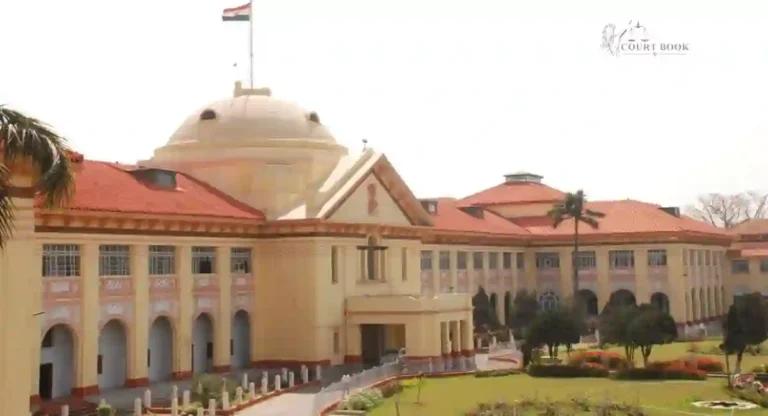In a significant judgment, the Patna High Court has invalidated the Bihar government's 2004 decision to cancel a 50-year lease and evict residents of Midway Apartment Co-operative Housing Society in Patna. The Court termed the government's action as “prima facie illegal,” emphasizing that the State cannot sidestep legal procedures laid down under the Transfer of Property Act.
The lease in question, initially granted on April 1, 1966, for Khas Mahal land (government-managed land), was cancelled unilaterally by the Department of Revenue and Land Reforms after over three decades. The government also initiated proceedings to take back possession of the land and the residential buildings constructed over it.
"The cancellation and resumption of possession without following due process is arbitrary, illegal, and unsustainable in law," stated Justice Alok Kumar Sinha in the verdict dated July 15, 2025.
Read also:- Madhya Pradesh High Court to Hear PIL on Rising Suicides in Medical Colleges
Court Upholds Rights of Flat Owners
The judgment arose from a petition filed by 25 flat owners of the Midway Apartment Co-operative Housing Society, who had legally acquired flats through registered sale deeds and had been residing in them peacefully for years. These owners had relied on a valid permission letter dated December 8, 1989, from the Bihar government, allowing transfer of the land and construction of multi-storey apartments.
The Court strongly criticized the State for not providing any notice or opportunity of hearing to the flat owners or the cooperative society before cancelling the lease:
"The omission to give the affected parties an opportunity of hearing renders the action procedurally unfair and violative of Article 14 of the Constitution of India," the Court observed.
Read also:- Supreme Court Recalls 2022 Judgment in Land Case, Citing Fraud by Party to Secure Favorable Order
Government Cannot Use Executive Orders to Evict
Citing binding legal precedents, including rulings in Sanjay Singh vs Patna Municipal Corporation and Khas Mahal Citizen Welfare Society, the Court reaffirmed that a lease—whether expired or not—confers juridical possession, which can only be ended through a proper civil court order.
"Even an expired lease cannot be disturbed without due process of law. A lessee cannot be evicted by an executive fiat," the Court ruled.
The Court held that the State should have approached a civil court to seek cancellation and possession under Section 111 of the Transfer of Property Act, 1882, and not issued unilateral administrative orders.
Read also:- Supreme Court Reserves Verdict on Tamil Nadu Minister Ma Subramanian's Plea in Land Grab Case
The State had contended that the 1989 permission for land transfer and apartment construction was kept in abeyance. However, the Court rejected this claim, noting there was no formal or legal revocation of the 1989 approval on record. The government’s subsequent conduct—such as accepting taxes, registering sale deeds, and approving building plans—was cited as evidence of its implied consent.
Flat Owners Protected by Equity and Estoppel
The Court also recognized the principle of promissory estoppel and legitimate expectation, holding that flat owners who invested their life savings based on official permissions and policies cannot be denied their property rights arbitrarily.
"The State, having permitted and endorsed the construction, is now estopped from acting against it," said the Court.
Read also:- Rajasthan HC Grants Relief to Vikas Divyakirti in Judiciary Defamation Case
Many of the petitioners were retired public servants and senior citizens, residing in the flats since the 1990s. The Court acknowledged their uninterrupted possession and the hardship caused by the eviction threat.
Another key issue was the applicability of the New Khas Mahal Policy, 2011, under which the eviction action was initiated. The Court ruled this policy cannot be applied retrospectively to land leased in 1966 and later acted upon in 1989 and 1991:
"The eviction proceeding ordered under the 2011 Policy is unsustainable in law. The policy cannot override pre-existing lease rights," the Court concluded.
The Patna High Court:
- Quashed the 2004 government orders cancelling the lease and ordering possession.
- Declared the 1989 permission for transfer and apartment construction as valid and subsisting.
- Restrained the State from interfering with the flat owners’ peaceful possession except by due process of law.
- Allowed the petitioners to apply for lease renewal, which must be considered lawfully and with due hearing.
Case Title: Robert Lakra & Ors. v. The State of Bihar & Ors.
Case No.: Civil Writ Jurisdiction Case No. 11929 of 2016















